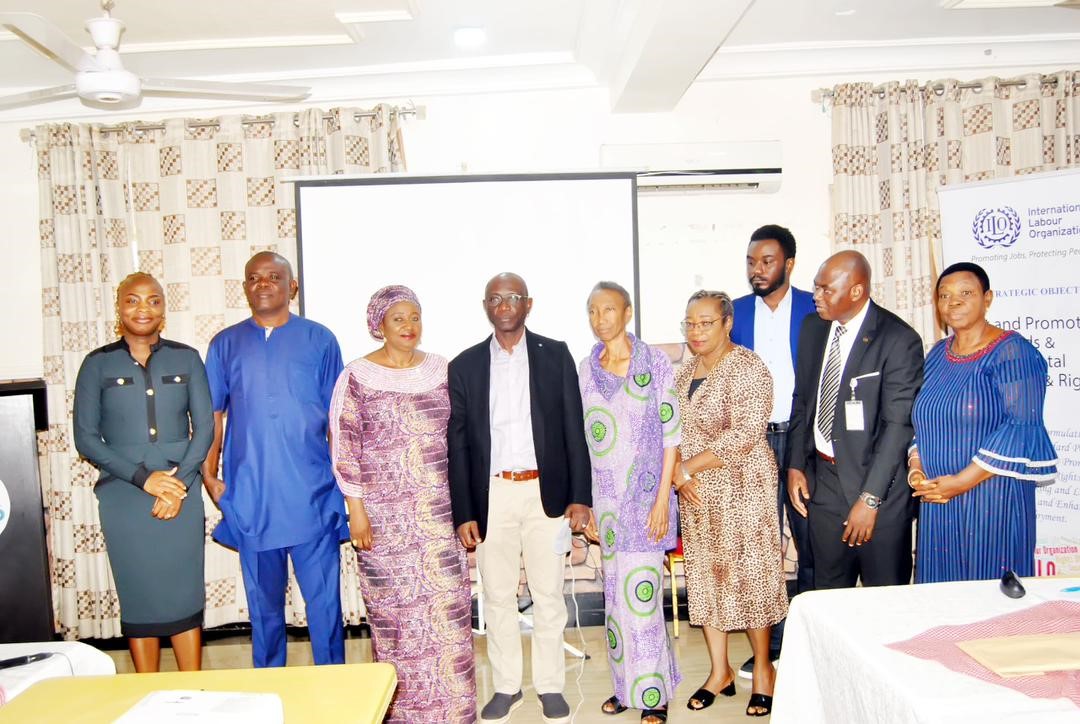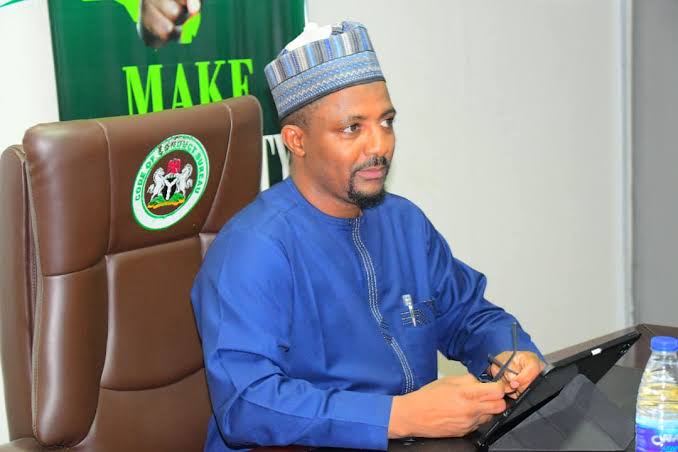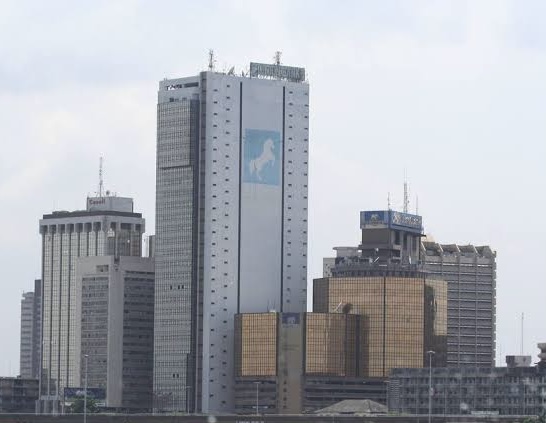
The Federal Ministry of Labour and Employment (FMLE), in collaboration with the Nigeria Employers’ Consultative Association (NECA), the Nigeria Labour Congress (NLC), and the Trade Union Congress (TUC), has concluded a five-day tripartite workshop designed to strengthen Nigeria’s reporting on ratified International Labour Organization (ILO) conventions.
The workshop, which ran from 4 to 8 August in Keffi, Nasarawa State, brought together representatives of government, employers, and workers’ organisations in line with the ILO’s tripartite approach to advancing social justice and promoting decent work.
In her presentation, Ekpemi Nnamoko, Legal and Labour Law Officer at the ILO’s International Labour Standards Department, provided technical guidance on preparing Nigeria’s first reports under ILO Conventions Nos. 143, 181, 187 and 190. These cover migrant workers, private employment agencies, occupational safety and health, and the elimination of violence and harassment in the workplace.
Nnamoko underscored the importance of timely and accurate reporting, noting that compliance with international labour standards enhances Nigeria’s credibility within the global labour system while reinforcing protections for workers and employers domestically.
The technical sessions, facilitated by ILO experts, addressed the organisation’s supervisory system, regular and special reporting procedures, and the role of the Committee of Experts on the Application of Conventions and Recommendations (CEACR).
Stakeholders agreed that the workshop would enable Nigeria to fulfil its constitutional obligation under Article 22 of the ILO Constitution, which requires member states to submit periodic reports on the implementation of ratified conventions.
According to the Ministry of Labour and Employment, the exercise reaffirmed the government’s commitment to strengthening labour governance, deepening social dialogue, and ensuring Nigeria meets its international obligations on decent work.












